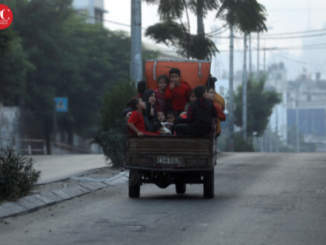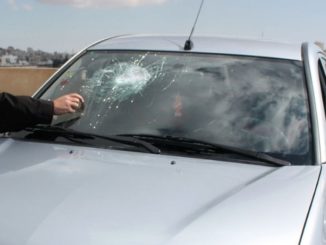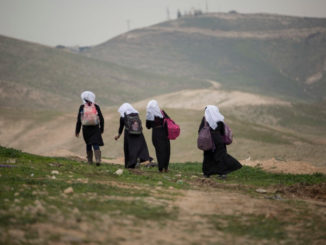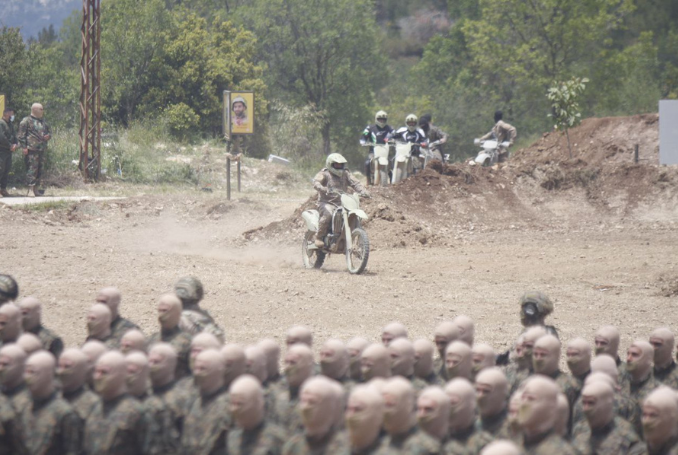
Israel fears that Palestinians, Lebanese, and other Resistance groups in the region could start coordinating their actions.
On May 21, hundreds of fighters from the Hezbollah Resistance movement took part in military drills in Aramta, a village in the Jezzine district in southern Lebanon.
Many journalists from Lebanon, the Middle East, and internationally were invited to cover the unprecedented event, which featured some of the advanced military equipment of Hezbollah and used live munitions throughout the drills.
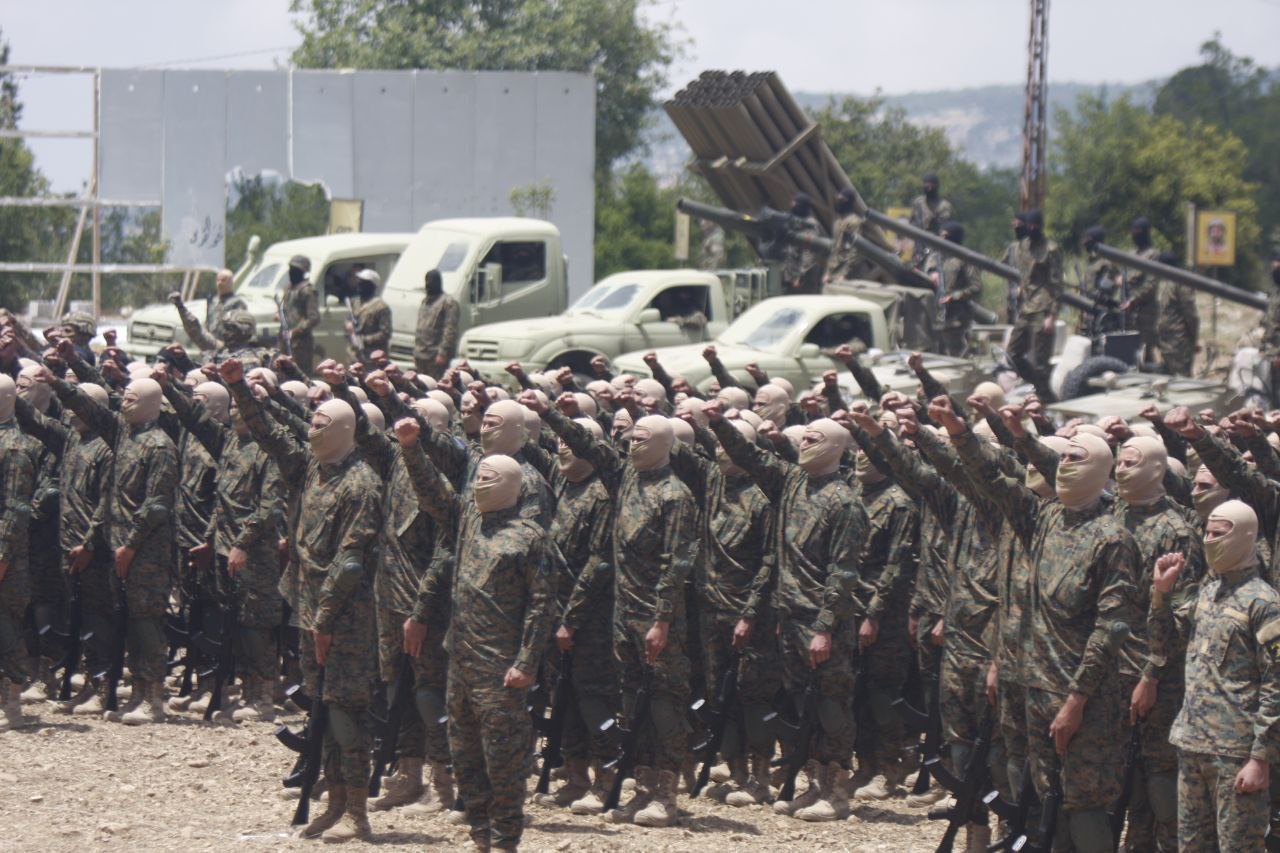
However, absent from the featured weapons were the precision rockets, which Hezbollah owns and Israel fears most.
These drills are not like any other. This is why Israeli media took notice of the event, debated, and discussed its meaning and timing for many hours.
Israel is right to take notice, as Hezbollah has in fact intended to send a clear message to Tel Aviv. But what is this message?
The Timing
The timing of these drills is significant as they come shortly following the Israeli war on Gaza and the assassination of leading Islamic Jihad military commanders in the besieged Strip.
The Islamic Jihad is a close ally of Hezbollah, and they are both close allies of Iran. Hezbollah wants to tell Israel that any attack on its allies is considered an attack on the group.
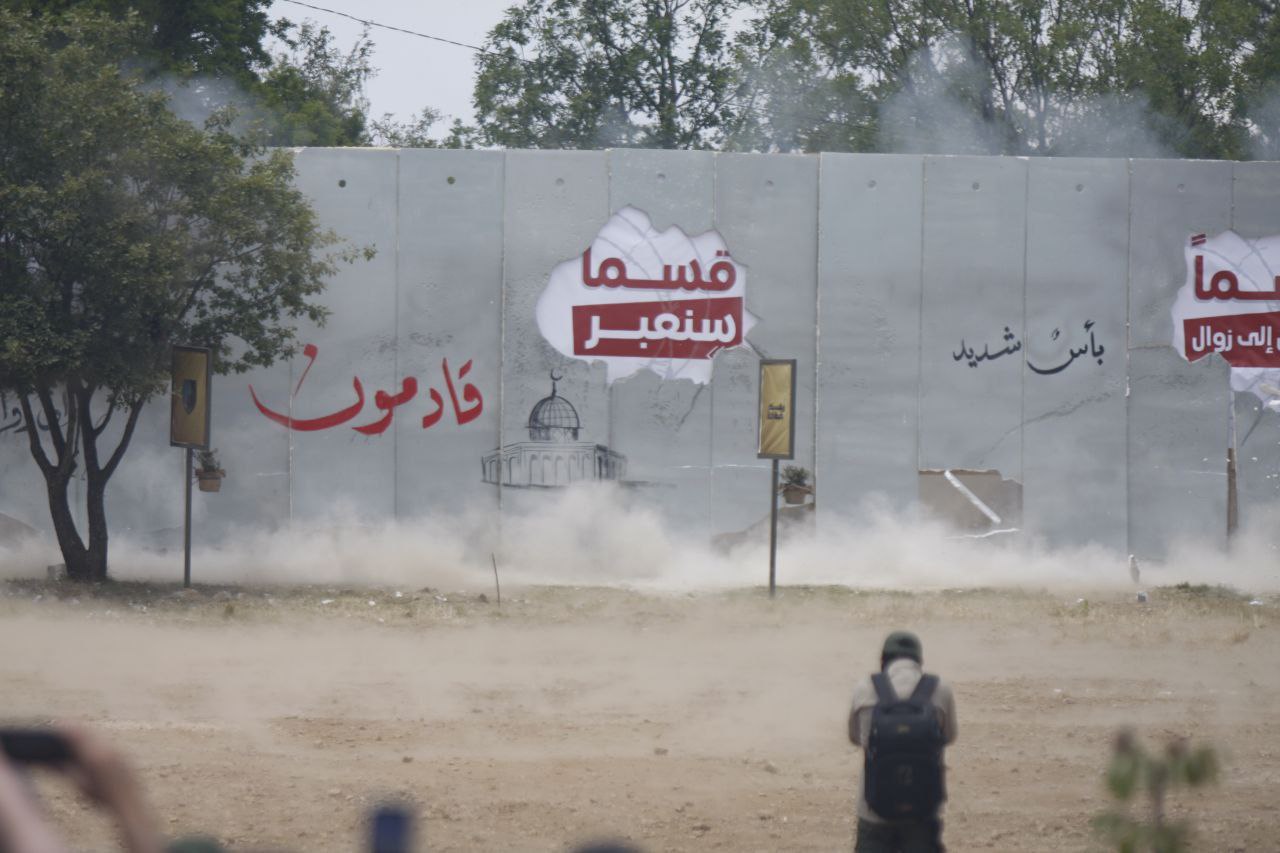
This same message was communicated during the war by Hassan Nasrallah, Hezbollah’s leader.
The drills were also timed to commemorate the 23rd anniversary of ending the Israeli occupation of Lebanon following stiff resistance led by Hezbollah.
The Location
The Hezbollah military drills were the first of their kind to be done publicly before a large number of local and international journalists.
This daring gesture was also meant to delineate that Hezbollah is ready to take on Israel, not only within Lebanese territories but in Israel itself.
The latest claim can easily be confirmed considering the number of Israeli flags present at the training site. The flags, here, were meant to denote that the Hezbollah drills were offensive, not defensive.
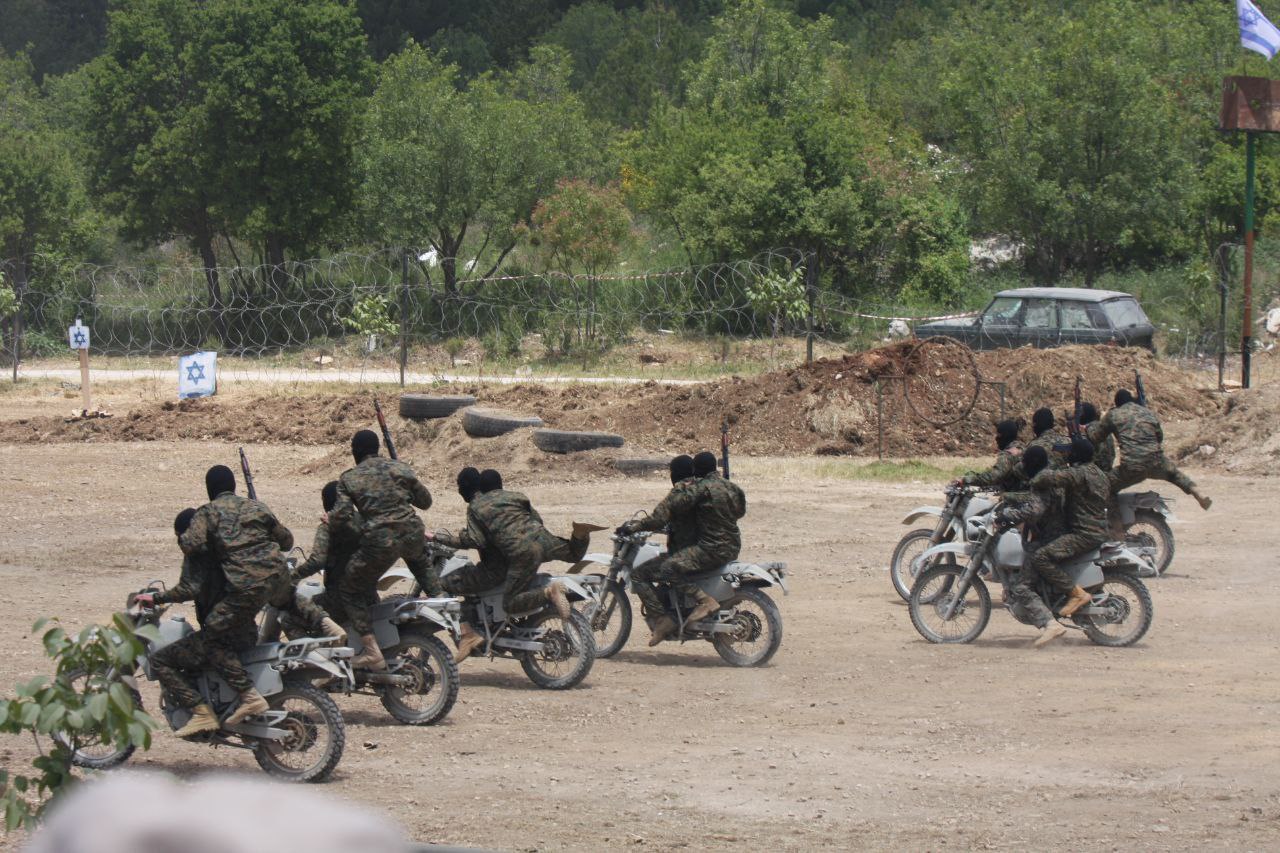
This was also demonstrated through the style of the operations themselves as various military experts have confirmed.
The name chosen for the drills tells a bigger story.
The Name
The name of the drills, Sana’bur, translates to ‘we will cross,’ a reference to Arab Resistance crossing into occupied Palestine.
This means that the Lebanese Resistance no longer sees itself as the defenders of Lebanon, but as part of a larger resistance movement that aims at the liberation of Palestine, as an integral part of the Arab world.
This language is part of a rapidly changing discourse on Palestine, whether in Lebanon or elsewhere in the region.
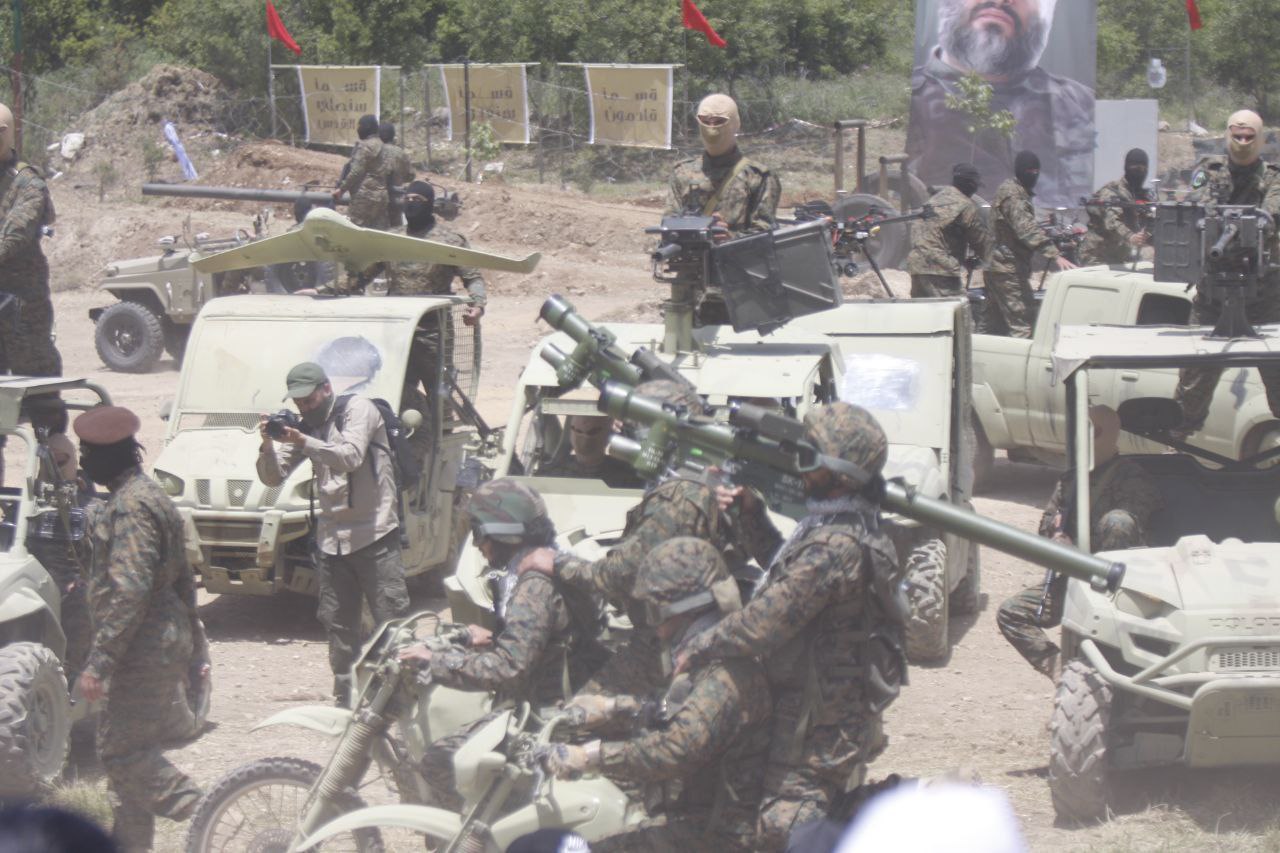
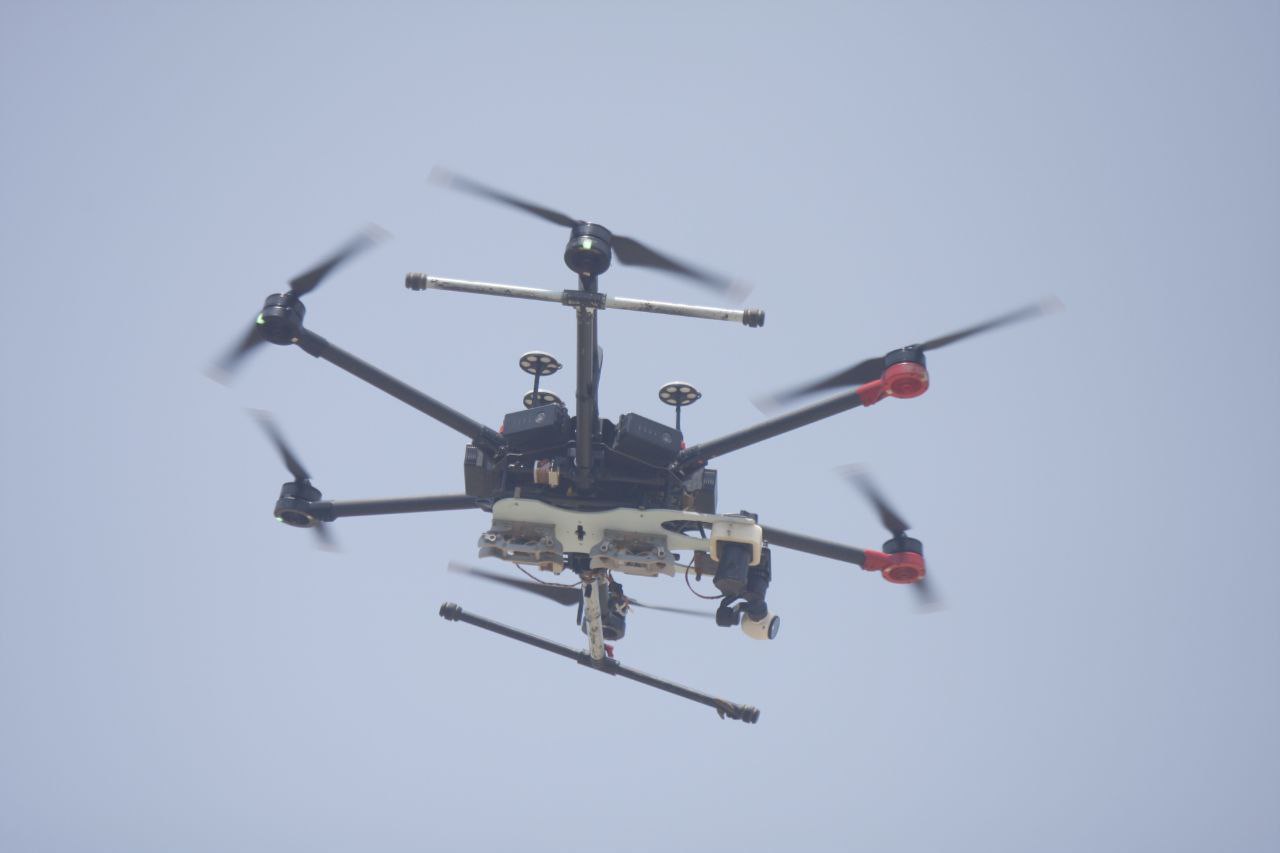
‘Wahdat al-Sahat’
Wahdat al-Sahat can roughly be translated to the ‘unity of the battlefields’, a relatively new term that is now dominating the political discourse of the various Resistance movements throughout the Middle East.
The term was referenced time and again by Hezbollah-sympathetic intellectuals and journalists, especially while reporting or commenting on Hezbollah’s latest military drills.
Even Israeli news analysts have been using the term, Wahdat al-Sahat, in their analyses of Hezbollah’s latest messages to Israel.
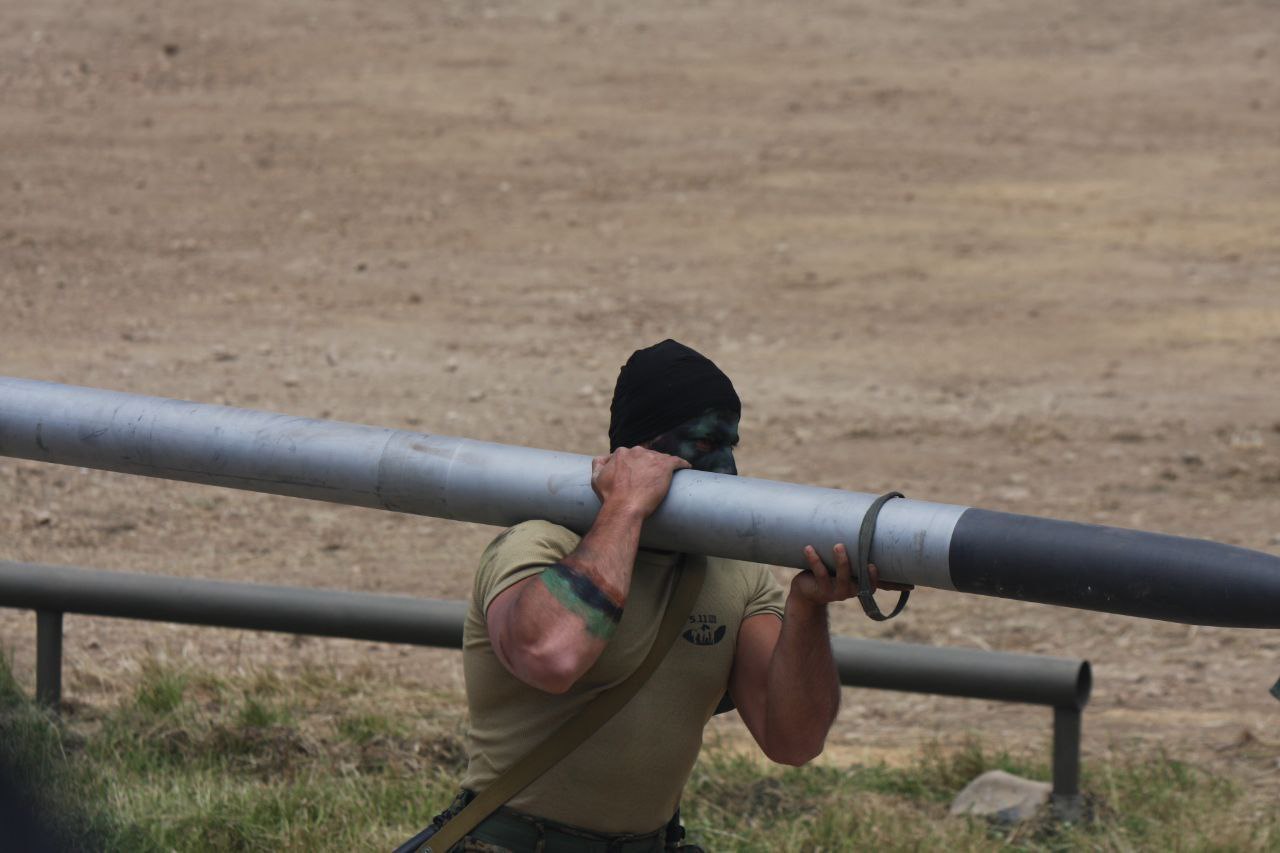
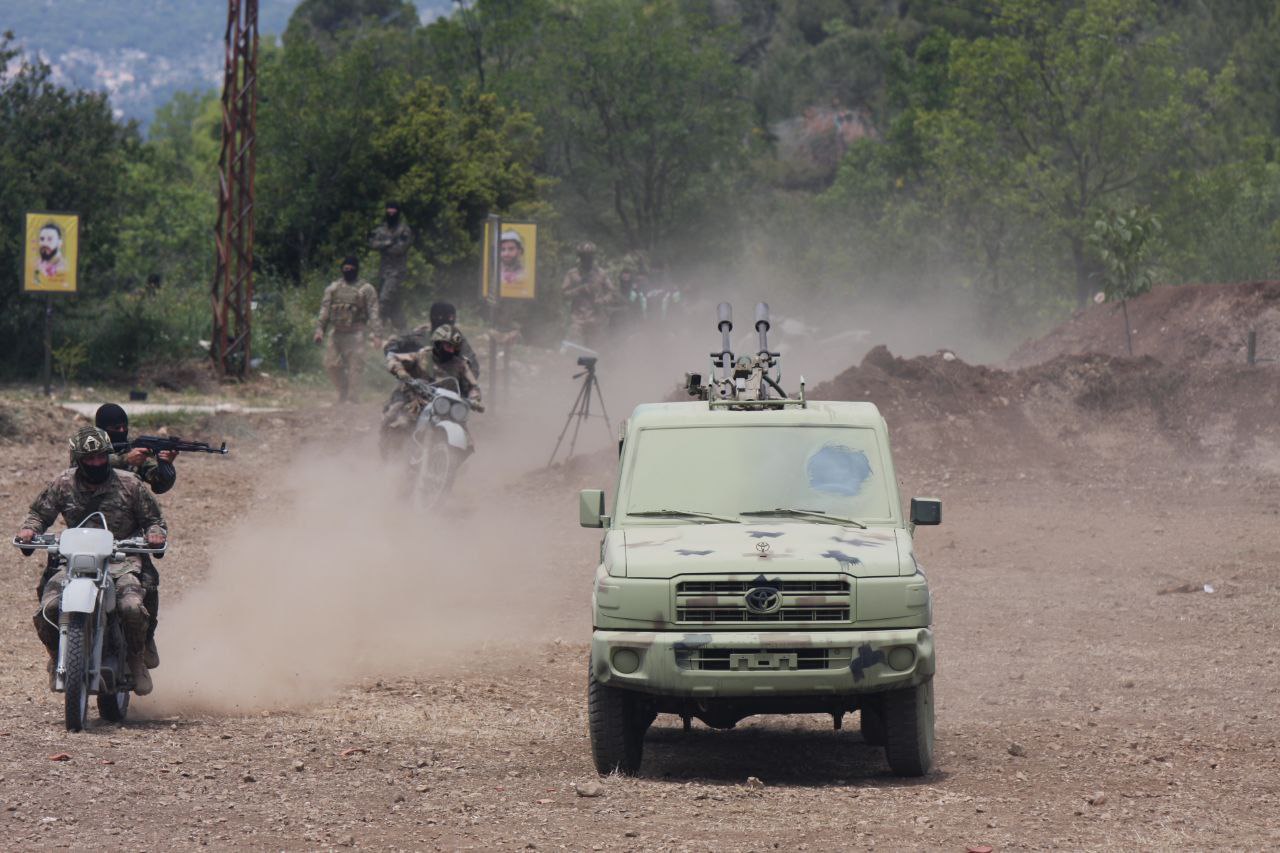
Israel fears that Palestinians, Lebanese, and other Resistance groups in the region could start coordinating their actions to serve the larger agenda of all movements and groups that are opposed to the Israeli occupation and Israel’s aggressive policies in the region.
This unity is already being displayed in Palestine for the first time in many years.
Hezbollah and others are keen on being part of the unity momentum.
(The Palestine Chronicle)




